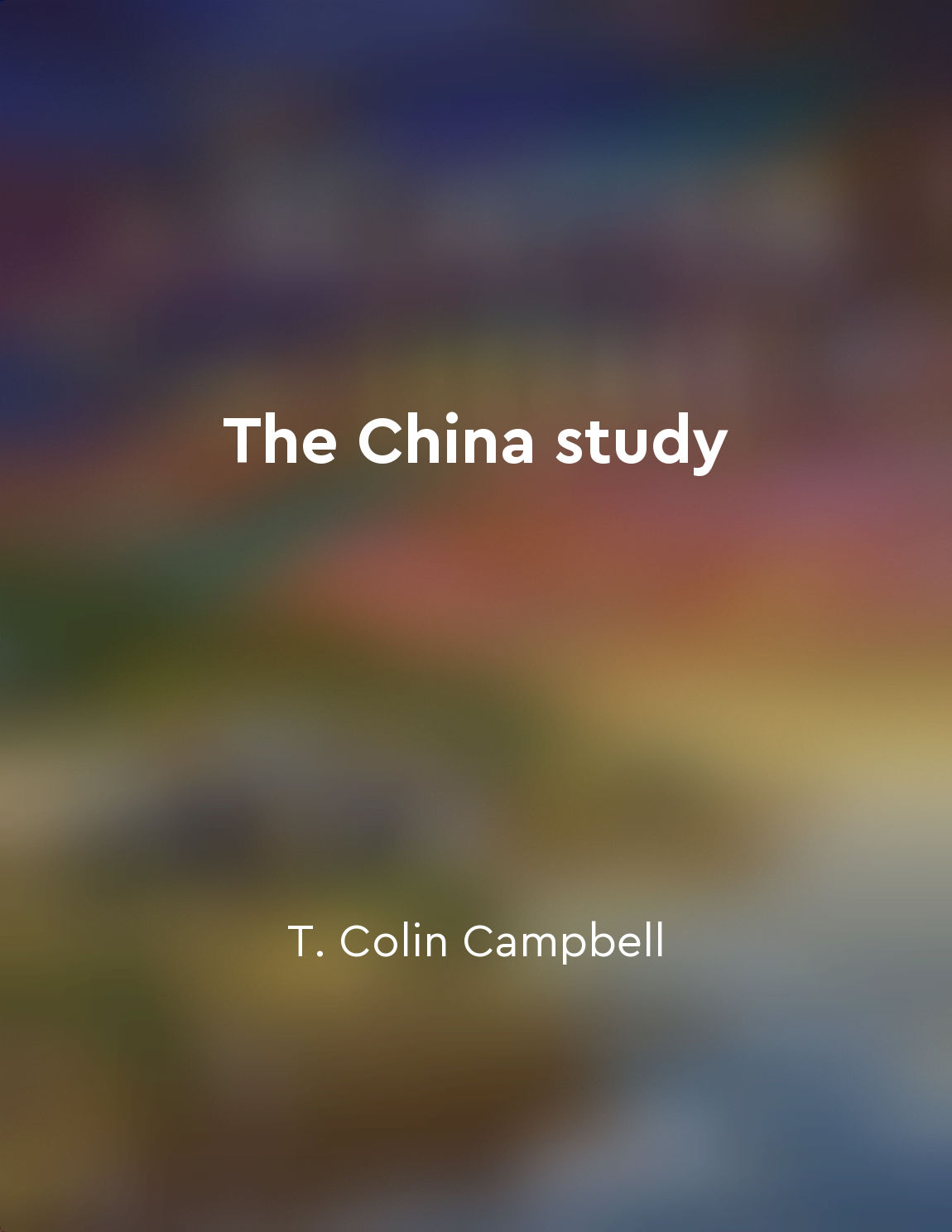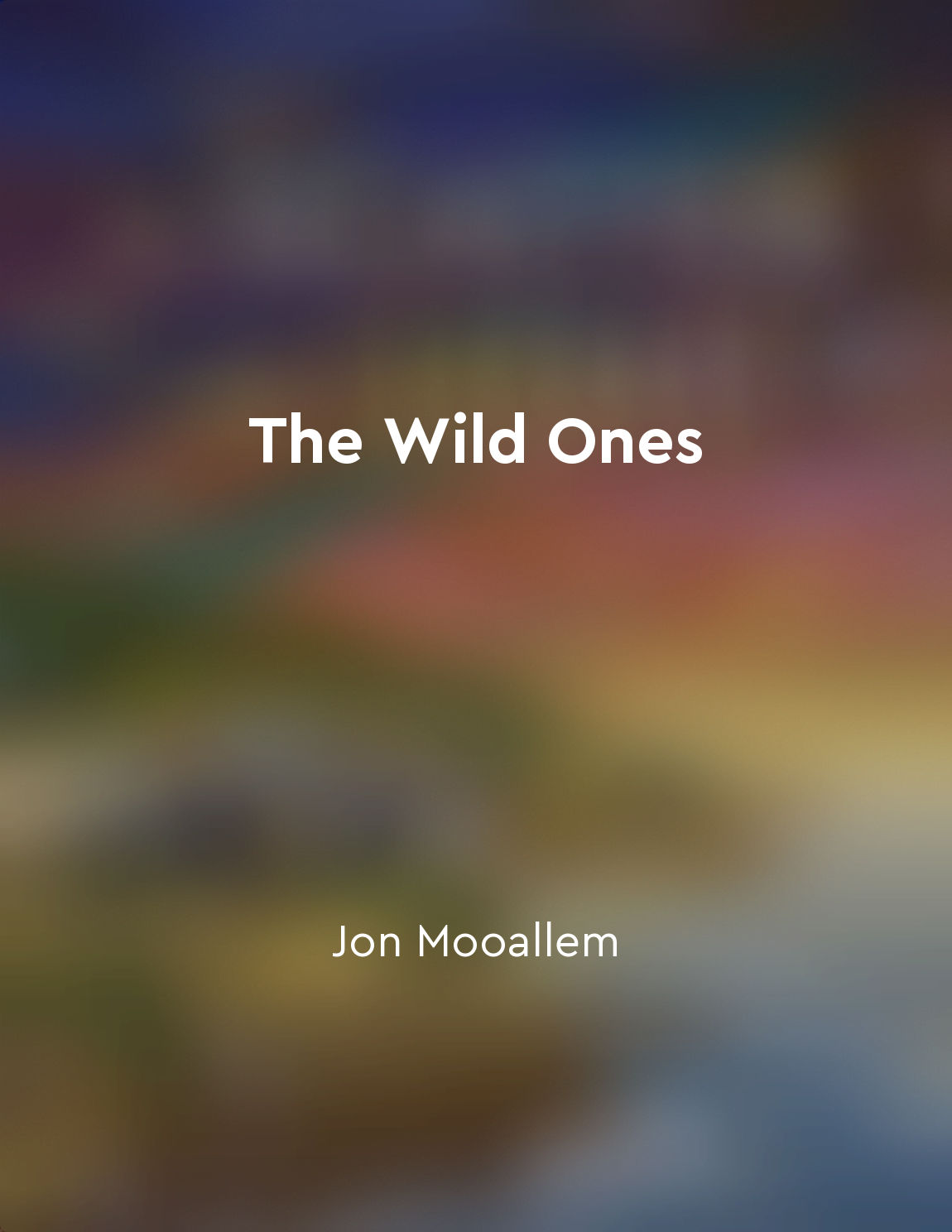Audio available in app
Humans have domesticated plants and animals for their benefit from "summary" of Sapiens by Yuval Noah Harari
The story of humans is intertwined with that of plants and animals. Over thousands of years, humans have shaped the plants and animals around them to suit their needs and desires. This process, known as domestication, has allowed humans to exert control over the natural world in ways that no other species can match. Domestication began around 10,000 years ago, when humans transitioned from a nomadic hunter-gatherer lifestyle to a settled agricultural one. This shift marked the beginning of a new era in which humans no longer relied solely on what nature provided. Instead, they began to cultivate certain plants and animals, breeding them for specific traits that would benefit humans. Plants were among the first to be domesticated. Wheat, barley, and rice were some of the earliest crops to be cultivated by humans. By selectively breeding these plants, humans were able to increase yields and ensure a more reliable food supply. This allowed human populations to grow and thrive in ways that would have been impossible in a hunter-gatherer society. Animals were also domesticated for various purposes. For example, cows were bred for their milk and meat, while horses were domesticated for transportation and labor. Dogs, meanwhile, were domesticated for companionship and protection. Through the process of domestication, humans were able to harness the unique abilities of animals to serve their own needs. The domestication of plants and animals has had far-reaching consequences for human society. It has allowed humans to settle in one place, build permanent structures, and establish complex social hierarchies. It has also led to the development of specialized skills and technologies, as well as the emergence of new forms of trade and exchange. In many ways, domestication has been a double-edged sword for humans. While it has enabled humans to thrive and prosper in ways that were previously unimaginable, it has also had negative consequences. The rise of agriculture, for example, has led to the destruction of natural habitats and the depletion of resources. It has also resulted in the exploitation and mistreatment of animals. Despite these drawbacks, the process of domestication continues to shape human society to this day. Humans are constantly seeking new ways to manipulate the natural world for their benefit, whether through genetic engineering, factory farming, or other means. In doing so, humans are perpetuating a cycle of dependency that has profound implications for the future of our species.Similar Posts

The environmental benefits of plantbased eating
Plant-based eating not only benefits our health but also has a positive impact on the environment. By consuming more plant-base...

Weight is not the only indicator of health
It’s time we stopped equating being thin with being healthy. Weight is not the only indicator of health. Yes, being overweight ...
Change starts with each one of us
The necessary changes are changes in us. The changes that we must make are changes in our lives. There is no one else to blame....
Access to nutritious food is a human right
The idea that access to nutritious food is a human right is a fundamental principle that underpins all discussions about food a...
Understanding the impact of pesticides on our food
Pesticides are chemicals used to kill pests that can harm crops. While they are effective in protecting plants from insects, we...

Nutrientdense foods promote longevity
Nutrient-dense foods are the key to unlocking the secrets of a longer, healthier life. These foods are rich in vitamins, minera...
Evolution shapes our instincts over time
The concept that underlies the very essence of our nature as human beings is that evolution has shaped our instincts over time....
Universe is full of galaxies
It is a staggering fact that the universe is teeming with galaxies. Galaxies are vast collections of stars, planets, gases, and...
Don't fear fats, embrace the good ones
Fats have long been demonized in our culture, portrayed as the enemy when it comes to our health. However, not all fats are cre...

The importance of community involvement in conservation efforts
In the intricate web of nature, every living being plays a vital role in maintaining the delicate balance of ecosystems. Howeve...

